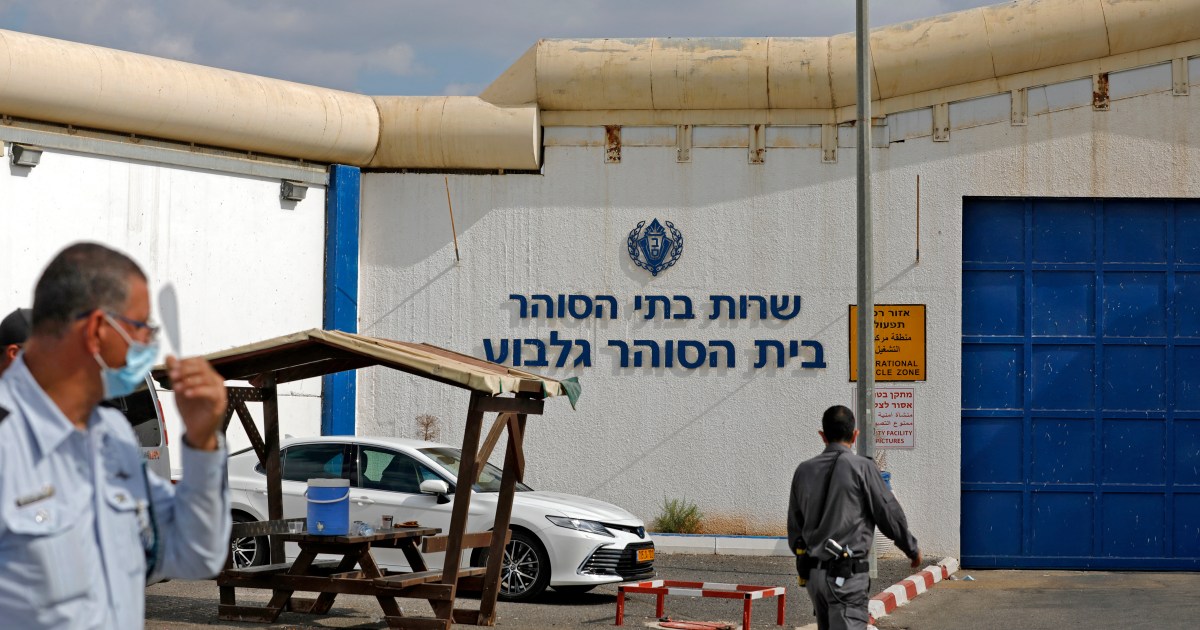Ramallah -
The Palestinian Prisoners Club confirmed that the Israeli occupation prisons administration began imposing collective "punitive" measures against prisoners in various prisons, and represented - according to the follow-up - in a transfer process, the most prominent of which was the transfer of prisoners languishing in Section 2 of Gilboa Prison. 16 prisoners were transferred to the Negev prison, and they are among the approximately 90 prisoners held in it. Television stations were canceled in the prison, and 5 leaders of Islamic Jihad prisoners were transferred to investigation, and extensive searches were launched in most of the prisons.
The Prisoner's Club pointed out that a state of tension hangs over all sections of the prisoners, and that all current data confirm that the occupation prisons administration is continuing to impose more abusive and punitive measures against them.
The Prisoner's Club considered that these procedures are not an exception, but rather an extension of the set of policies imposed by the occupation prisons administration, stressing that during the past few years the prison administration escalated its abusive policy, the most prominent of which was the repeated intrusions that were considered the most violent in more than 10 years.
After the recommendations made by what was known as the recommendations of the “Ardan” committee at the time, the prisoners face the withdrawal of many of their historical achievements, which included, to varying degrees, from one prison to another: organizational representation, purchases from the “cantina”, movement within the sections, and the duration and dates of the “spout.” family visits, quantity and quality of food, amount of water available, number of books, education and study process.
The Prisoner's Club called on international human rights institutions, led by the United Nations and the International Red Cross, to impose international control and protection on the prisoners, and to intensify efforts to follow up on their conditions and reassure their families. The Prisoner Club also held the occupation fully responsible for their lives.

